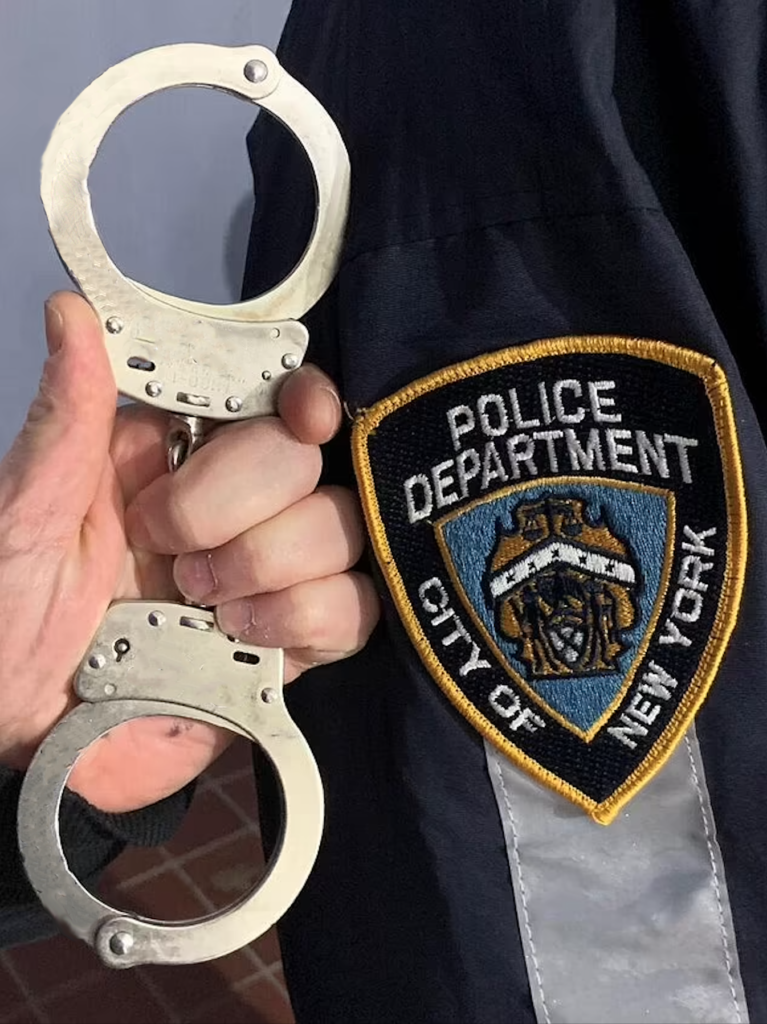New York Police Department officers are tasked with one of the most challenging jobs in the United States: maintaining law and order in one of the world’s largest and most dynamic cities. The complexity and intensity of their work are often underestimated, especially when considering the broad scope of their responsibilities, from responding to emergency calls to engaging in community policing. Yet, despite their unwavering commitment and the daily risks they face, the recently passed bill, Intro 586, threatens to undermine their effectiveness with what can only be described as bureaucratic overreach.
The bill absurdly mandates the NYPD to report on Level 1 and 2 police stops. Level 1 stops are the most incidental interactions between police officers and the public, such as officers showing up at an accident scene and conversing with bystanders about what happened. These interactions are requests for information where officers can approach individuals and ask basic, non-threatening questions. The encounters are brief, lacking harassment or intimidation, and are not necessarily indicative of criminality. Making matters worse, the bill also requires officers to guess the demographics of the individuals they interact with, including their race. This undue burden could foster tension and distract from the primary objectives of these interactions.
A March 2023 City Council hearing revealed that the NYPD makes approximately 3.2 million Level 1 stops annually. With the bill now enacted, officers would be redirected from active duty to generate millions of reports for the City Council and Public Advocate on interactions that are typically non-controversial. It’s an administrative nightmare demonstrating a blatant disregard for the realities of policing.
In a city where crime rates fluctuate and the police force is already stretched thin due to staffing shortages, this bill is nothing short of a slap in the face to our officers. It shows a gross misunderstanding of police operations and the critical need for officers to actively engage in the community rather than be buried under paperwork. The bill has been rightly criticized by the Common Sense Caucus of the City Council, the NYPD, and several District Attorneys who oppose it vehemently, emphasizing the possible detrimental impacts on public safety.
Mayor Adams had wisely vetoed the bill, recognizing its potential to put New Yorkers in danger by diverting crucial police resources. However, the Council overrode this veto, which I and
New Yorkers strongly opposed.
The bill’s requirement for officers to report mundane interactions is not only a gross misuse of valuable police time but also a step back in our fight against crime.
Public Advocate Jumaane Williams’ claim that the bill would not significantly burden officers, suggesting they need to “check off boxes” on their phones, is laughably naive. This oversimplified view ignores the reality of police work. In the March hearing, the NYPD pointed out that the bill, ironically named the “How Many Stops Act,” would mandate reporting on interactions that are not police stops. Level 1 encounters cover a wide range of activities, from speaking to witnesses after a 911 call to assisting sick passengers on the subway. These are instances where the objective is to gather information, not to focus on the person as a potential suspect.
The requirements of the bill could result in significant administrative overhead, diverting officers from their core duties of crime prevention and community engagement. This is more than just a matter of inefficiency; it’s a threat to public safety, as fewer officers would be available for proactive policing and rapid response to incidents.
The bill is a misguided piece of legislation that fails to grasp the nature of Level 1 encounters and the practicalities of policing. While transparency and accountability in law enforcement are crucial, this bill misses the mark, threatening to bog down the NYPD in unnecessary bureaucracy. As crime challenges grow and resources become increasingly strained, it’s imperative that legislative efforts support, not hinder, effective policing.
The irony of a Public Advocate who lives on an army base pushing for this bill isn’t lost on us. While he’s in a highly secure environment, he’s advocating for legislation that could bog down our NYPD officers, impacting the safety and well-being of everyday New Yorkers. It’s a stark reminder of the disconnect between the lived realities of policymakers and those they represent. Policymakers need to work closely with law enforcement professionals to understand the realities of policing and craft legislation that enhances public safety and trust.
The NYPD’s job is challenging enough; they don’t need the added burden of pointless administrative tasks. It’s time for common sense to prevail. Our safety and the effectiveness of our police force depend on it.



